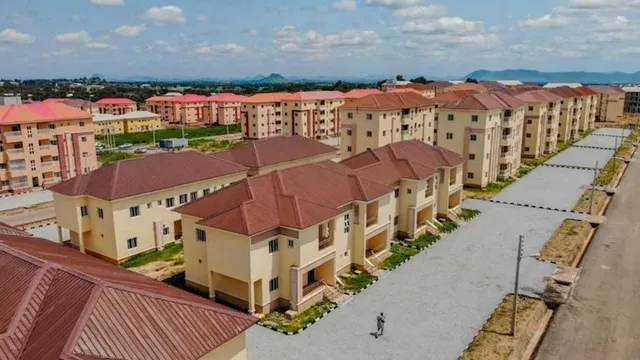It is a common assertion that Ghana faces a housing deficit of one million, necessitating a substantial increase in construction to close this gap. However, a critical question arises: Would constructing one million houses and selling them primarily to Nigerians address this housing shortfall?
This approach raises concerns for a country with a population of approximately thirty million. Selling homes exclusively to citizens of a nation with over 250 million inhabitants may not be a strategic solution.
This is not about hostility towards Nigerians but rather about taking deliberate actions to protect our national interests. Continuously investing in ventures that do not benefit our nation is akin to pouring water into a basket and expecting positive results.

While it is important to acknowledge that real estate developers are profit-driven, they should also consider the long-term implications of housing provision for foreigners over our citizens. Prioritizing Ghanaians should be paramount, ensuring that our actions benefit our people first and foremost.
Rental prices, particularly in Accra, are soaring due to landlords favoring Nigerian tenants, whom they perceive as “better payers.”
READ ALSO: High Construction Costs Threaten Homeownership Dreams in Nigeria
However, this practice overlooks the broader implications for national security and the well-being of our citizens. Landlords must understand that their decisions regarding tenants impact the larger societal framework and should prioritize the welfare and security of our citizens over financial gain.
In conclusion, landlords should prioritize the well-being, safety, and security of Ghana and its citizens in their housing decisions.
By aligning their actions with the interests of the country, they can contribute to a more secure and stable future for Ghana.



